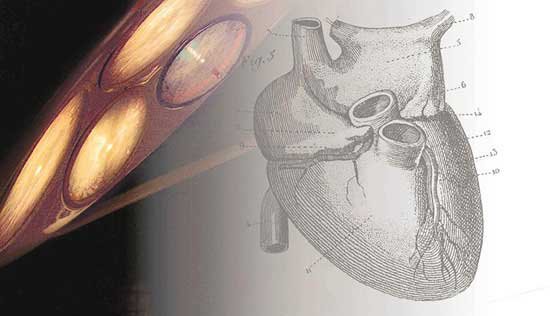Family's experience leads to new N.C. law on organ donations
By JAMES ROMOSERWinston-Salem Journal
RALEIGH, N.C. Tim Dillon rode motorcycles, coached Little League baseball and always wore a big smile.He loved life, and that's one of the reasons that he supported organ donation.But when Dillon died of a sudden stroke last year at the age of 45, doctors did not recover his organs to be donated. Even though Dillon's driver's license had the heart symbol signifying him as an organ donor, the law still required that his family give consent.By the time that Dillon's family was reached to give consent, it was too late for his organs to be donated."He really loved life, just embraced every minute of it," said Suzanne Dillon, his widow.She lives in Winston-Salem with the Dillons' two children, ages 13 and 15."I know my husband would have wanted his organs donated. He believed in it very much."A new state law tries to ensure that organ donors' wishes are honored after they die. Advocates say that it will mean an increase in organ donations in North Carolina, where nearly 3,000 people are currently waiting for organ transplants and nearly 200 people on the waiting list died last year.North Carolina also joins a growing number of states that are reforming their organ-donation laws to fulfill people's intentions to donate. Known as the "Heart Prevails" act, the new state law establishes the heart symbol as legal consent for organ donation.North Carolina drivers can get the symbol on their licenses by signing up as organ donors with the DMV, but until now, the symbol represented only the intent to donate and did not have any legally binding authority. The new law takes effect Oct. 1, meaning doctors can immediately begin the process of organ recovery if someone who dies has the heart symbol on his or her license.Doctors will still need to talk to the family to get a medical history of the organ donor, and if the patient has other documents - such as a will leaving organ-donation decisions to family members - those documents will overrule the heart symbol.The symbol also will not indicate consent for tissue donations, which still must be approved by the family. But it applies to all organs that can be donated: the eight so-called "solid" organs (two kidneys, two lungs, the heart, the liver, the pancreas and the small intestine), plus the corneas.State Rep. Dale Folwell, a Winston-Salem Republican who was friends with Dillon, filed the organ-donation bill and shepherded it through the Legislature this year. He said he believes it will save lives by causing more organs to be donated."There's only three ways to give life," Folwell said. "One is through procreation. The second is through the donating of blood. And the third is organ donation. And the reason why I think it's so important is you know most people can't do all three. But everybody can do at least one of those."Carolina Donor Services, the federally designated, nonprofit organization that coordinates organ and tissue donations for most of North Carolina, applauded the new law."This is really putting the decision in the donor's hands, and our job is to honor the donor's wishes," said Jeannine Sato, a spokeswoman for Carolina Donor Services and the chairwoman of the N.C. Coalition on Donations.Under the old law, family members occasionally decided not to consent to organ donation, even if the deceased person had a heart symbol on his or her license, Sato said. That meant that a donor's intention was not honored.And sometimes, as in the case of Dillon, the family simply was not reached during the brief window of time that doctors have to recover the organs.Suzanne Dillon said that when her husband died, no one ever contacted her to get consent to donate his organs. Her husband's brother, Joe Dillon, missed a call from Wake Forest University Baptist Medical Center about 11 p.m., but when he tried to call back, he found that the medical center's phone number was not accepting incoming calls.A spokeswoman for the medical center did not respond to a request for comment. But it may not have been the medical center's responsibility to get in touch with the family; that responsibility lies with the organ-donation agency, Carolina Donor Services.Sato said she did not know what happened in the case of Tim Dillon and would not be able to comment on it anyway because of patient confidentiality.Joe Dillon said his brother would be disappointed to know that his organs were not used to help others."You had to know him," Joe Dillon said, "but he would have thought that his organs were the greatest organs in the world."---Information from: Winston-Salem Journal, http://www.journalnow.com
